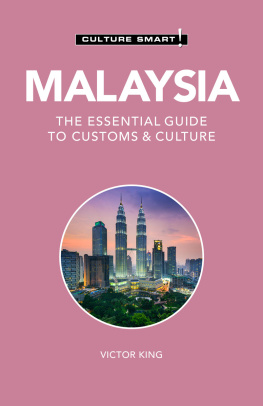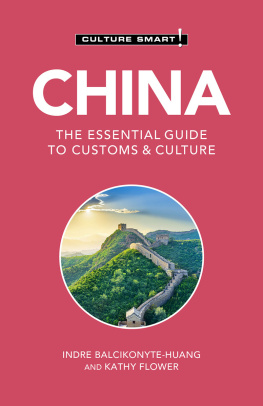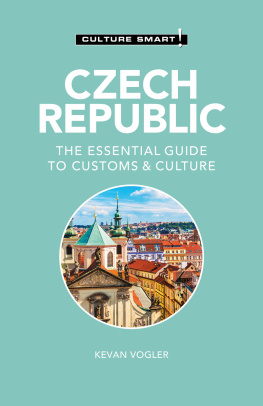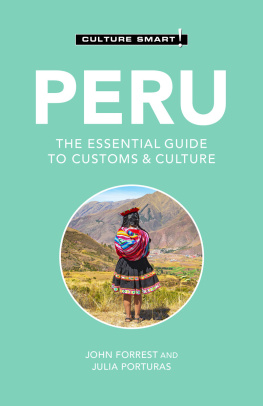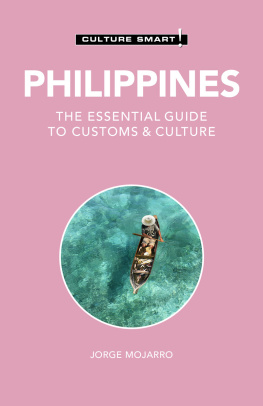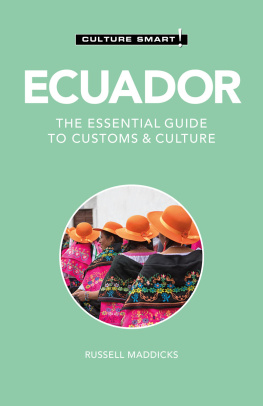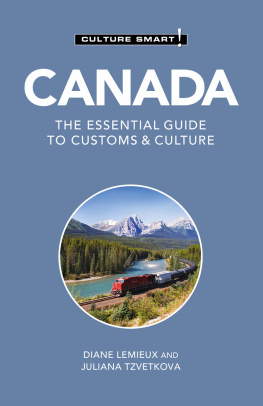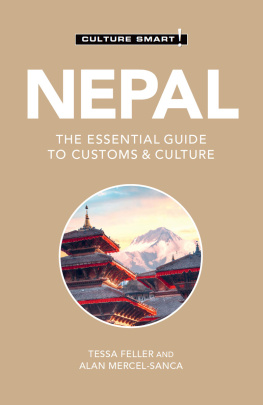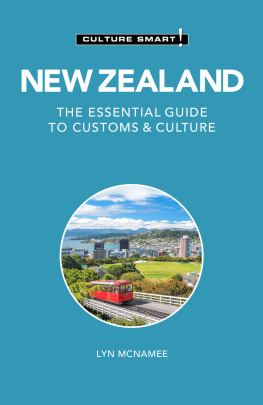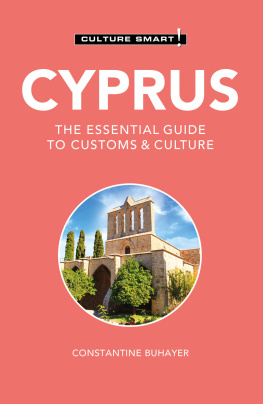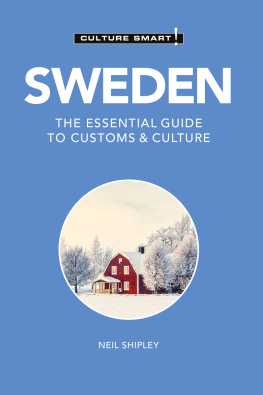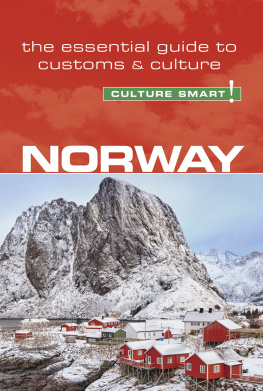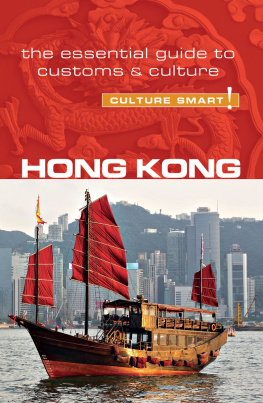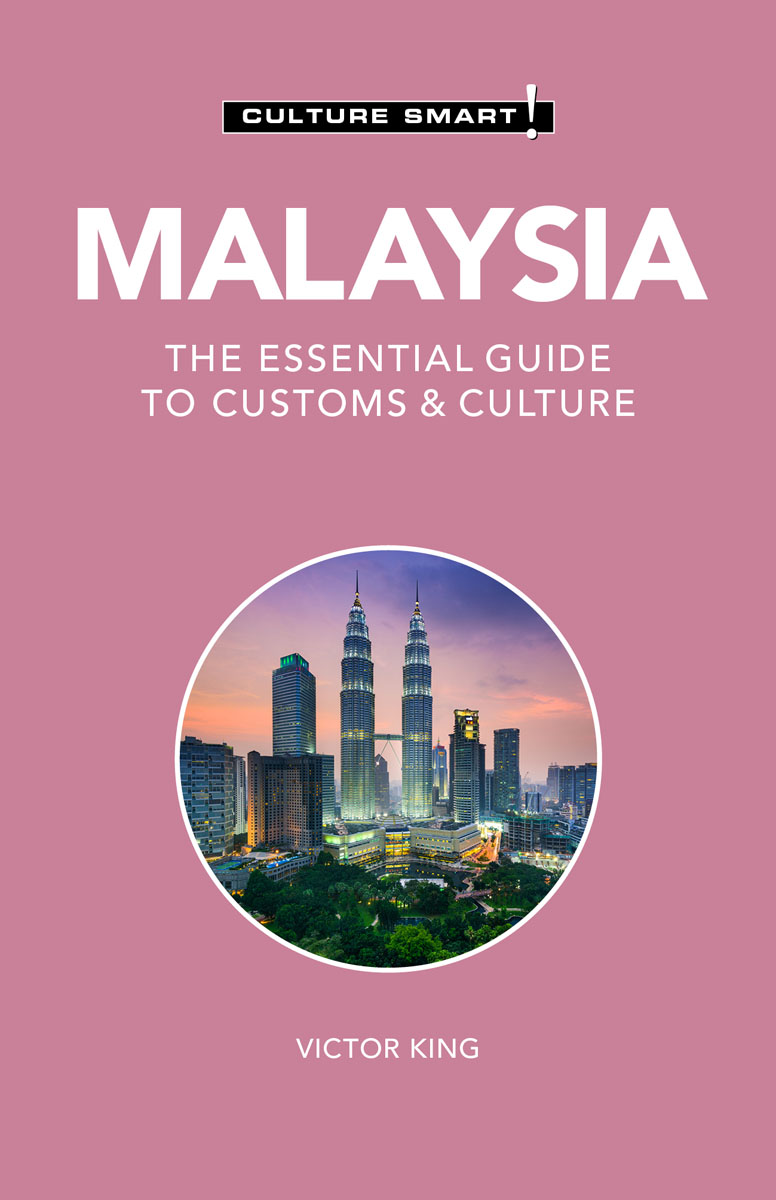
The real voyage of discovery consists not in seeking new landscapes, but in having new eyes.
Adapted from Marcel Proust, Remembrance of Things Past.
ISBN 978 1 78702 276 8
British Library Cataloguing in Publication Data
A CIP catalogue entry for this book is available from the British Library
First published in Great Britain
by Kuperard, an imprint of Bravo Ltd
59 Hutton Grove, London N12 8DS
Tel: +44 (0) 20 8446 2440
www.culturesmart.co.uk
Inquiries:
Design Bobby Birchall
Printed in Turkey
The Culture Smart! series is continuing to expand. All Culture Smart! guides are available as e-books, and many as audio books. For further information and latest titles visit www.culturesmart.co.uk
ABOUT THE AUTHOR
VICTOR KING is Professor of Borneo Studies in the Institute of Asian Studies, Universiti Brunei Darussalam; Emeritus Professor in the School of Languages, Cultures and Societies, University of Leeds, UK; and Visiting Professor at the Regional Center for Social Science and Sustainable Development, Chiang Mai University, Thailand. He spent most of his career in the University of Hull, where he was variously Director of the Center for South-East Asian Studies, Dean of Social and Political Sciences, Director of the Graduate School, and Pro-Vice-Chancellor. He then moved to the University of Leeds where he took up the posts of Professor of Southeast Asian Studies and Executive Director of the Leeds/Sheffield White Rose East Asia Centre.
Professor King has undertaken anthropological and sociological research on Indonesia, Malaysia, Brunei, and Thailand, and supervised research projects on these and other countries, including Singapore, Vietnam, and Japan. A frequent visitor to Malaysia and the wider region, he has written extensively on its societies and cultures.
COVID-19
The coronavirus pandemic of 2020 affected millions of people around the world, causing unprecedented social and economic disruption. As the impact of this global crisis continues to unfold, in many countries social norms are being challenged, and enduring changes will be reflected in future editions of Culture Smart! titles.
CONTENTS
MAP OF MALAYSIA

INTRODUCTION
The Federation of Malaysia, a nation of approximately 32 million people and a constitutional monarchy and democracy, is one of the successful newly industrializing countries of the Asia Pacific region. Formerly a relatively small but economically vital part of the British Empire, and a major exporter of the primary products of tin and rubber, Malaysia now has a diversified economic profile. It is still an important source of natural resources and tropical agricultural productspetroleum, natural gas, crude oil, aluminium, sawn timber and wood products, rattan, palm oil, pepper, coconut, pineapple, and rubberbut it is also a manufacturer of electrical machinery, computers, optical, technical, and medical equipment, clothing, rubber and plastic products, vehicles, and chemicals, with a growing services sector including a fast expanding tourism industry. It pursues a relatively open-door economic policy and plays an active role in regional and other international organizations.
In many respects Malaysia is a modern nation-state, and from a predominantly rural society in the immediate postwar years it has become an increasingly urbanized one. Nevertheless, elements of the traditional past remain. The country still presents the visitor with an exciting and fascinating medley of culturesMalay, Chinese, Indian, Arab, Eurasian, Dayak, and aboriginal, and a large sector of migrant workers from the surrounding region, particularly Indonesia, the Philippines, and Thailand, and from the Indian subcontinent. These communities have retained, though in a much changed form, a considerable amount of their cultural heritage, and Malaysia continues to demonstrate the virtues of a culturally diverse, exotic, and vibrant plural society in customs, religion, festivals, costume, cuisine, language, and architecture.
To help foreign visitors and residents navigate this rich and complex cultural mix, Culture Smart! Malaysia provides a succinct and straightforward introduction to Malaysian history and society. It explains the deeper core values of the different ethnic groups, and guides you through Malaysian custom, etiquette, and behavior so that you are enabled to do the right rather than the wrong things. Human intelligence is key to successful relationships, and let us hope that we are sufficiently sensitive to be able to survive those inevitable cross-cultural moments.
This is only a guide, not a definitive document on what should or should not be done in a variety of situations. Much of what is presented here is based on common sense, and assumes that, when we encounter people of other cultures, we all try to behave reasonably and appropriately. The guide advises you on what might offend and what might please, but ultimately, its up to the reader to respond positively to another culture, to engage, relate, interact, and understand. If you have a passion for learning about other cultures, then stay with us on this journey to Malaysia!
KEY FACTS
Official Name | The Federation of Malaysia | Persekutuan Tanah Malaysia |
Federal Capital | Kuala Lumpur.Pop. 2.2 million (2020 estimate) | Greater Kuala Lumpur/Klang Valley: pop. 7.99 million (2020 est) |
Federal Administrative Center | Putrajaya/Federal Territory of Putrajaya | There are 13 states: 11 in Peninsular Malaysia and 2 in Malaysian Borneo. |
Federal States and Territories | States: Johor, Kedah, Kelantan, Melaka, Negeri Sembilan, Pahang, Perak, Perlis, Pulau Pinang (Penang), Sabah, Sarawak, Selangor, and Terengganu. Federal Territories: Kuala Lumpur, Labuan, Putrajaya |
Major Towns and Cities | Kuala Lumpur (inc. Petaling Jaya and Shah Alam), George Town (Pulau Pinang/Penang), Ipoh, Malacca (Melaka), Johor Bahru, Kuching, Sibu, Miri, Kota Kinabalu, Tawau, Sandakan, Alor Setar, Kota Bahru, Kuantan, Kuala Terengganu, Seremban. |
Population | 32.37 million (2020 estimate) |
Area | 127,355 sq. miles (329,848 sq. km) |
Climate | Tropical, hot and humid, more moderate in the highlands | Sea-level temperature range 7292F (22.233.3C) all year; average annual rainfall is 98 in. (250 cm). |
Currency | Malaysian ringgit (RM or dollar) | Exchange rate range 2019: RM $5 to 5.6=1 RM $4 to 4.2= US $1 |
GDP | US $358 billion (2018) | Economic growth 4.6% (2019) |
Ethnic Make-up | Bumiputera (62%), incl. Malays and other indigenous peoples (Orang Asli of Peninsular Malaysia, Dayaks of Sarawak, and natives of Sabah); Chinese (20.6%); Indian (6.2%); Others (0.9%), and Non-citizens (10.3%) (2017 est.) |
Language |

